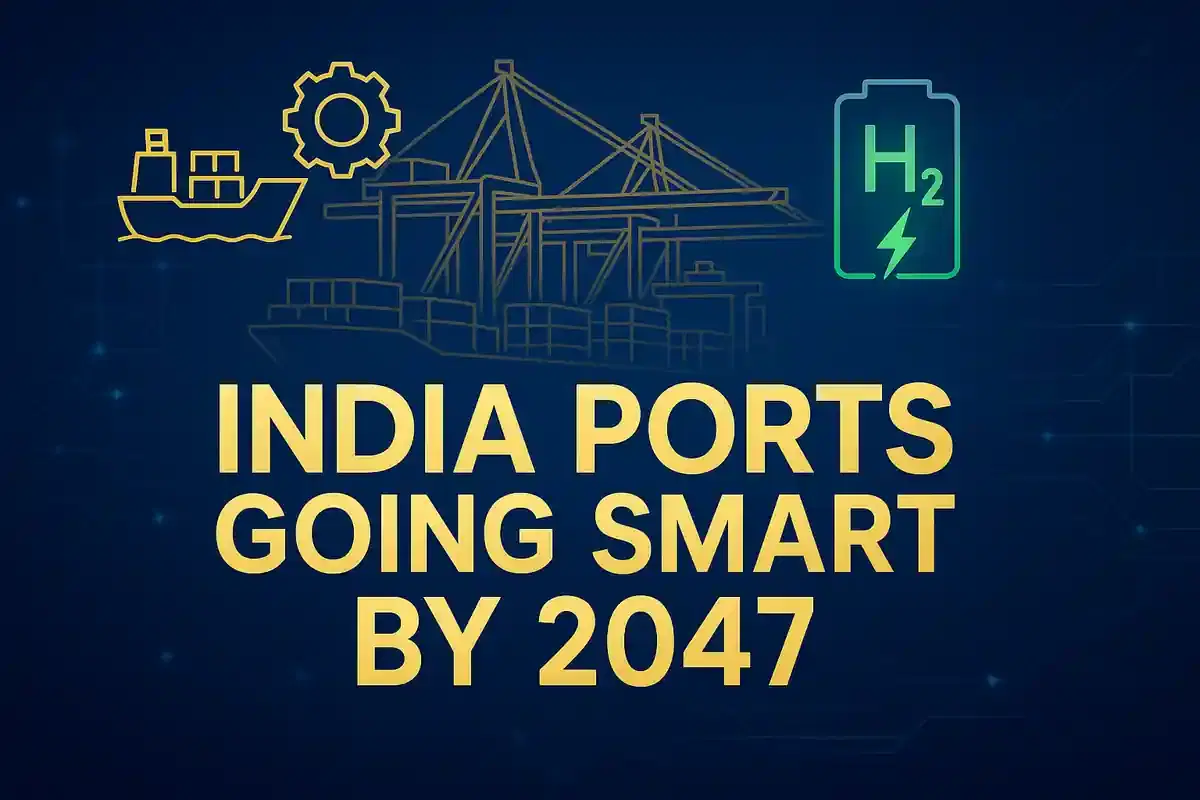India's Major Ports to Fully Adopt Landlord Model by 2047, Become Green Hydrogen Hubs
Industrial Goods/Services
|
28th October 2025, 7:39 PM

▶
Short Description :
Detailed Coverage :
Union Minister Sarbananda Sonowal announced ambitious plans for India's major ports during India Maritime Week 2025. The key takeaway is the complete transition to the landlord port model by the year 2047. This means port authorities will focus on owning and managing infrastructure, while private entities will handle cargo operations through public-private partnerships (PPP). Currently, around 60% of domestic cargo is managed by PPP operators, a figure expected to climb to 85% by 2030.
To enhance operations, ports will adopt 'just-in-time' arrival systems and 'smart port technologies', which aim to reduce vessel turnaround times and improve overall efficiency. Furthermore, India's ports are being positioned as significant 'green hydrogen hubs'. Over 12 million metric tonnes of green hydrogen-based e-fuel capacity has been announced, with ports set to become centers for production, bunkering, and exports of this clean fuel.
Impact This strategic shift is poised to modernize India's logistics infrastructure, attract significant private investment, and bolster the country's role in the global energy transition. The focus on efficiency and green technology could lead to cost reductions in trade and a significant boost to related industries. Rating: 8/10
Difficult Terms: Landlord port model: A port management system where the port authority owns the port infrastructure (land, berths) and leases them to private operators for cargo handling and terminal services. Public-private partnerships (PPP): Collaboration between government agencies and private sector companies to finance, build, and operate projects or services. Cargo handling: The process of loading and unloading goods onto and from vessels at a port. Smart port technologies: Advanced digital systems and tools used in ports to improve efficiency, safety, and sustainability, such as automated systems, real-time tracking, and data analytics. Green hydrogen hubs: Designated areas or facilities focused on the production, storage, and distribution of hydrogen generated using renewable energy sources, considered a clean fuel.